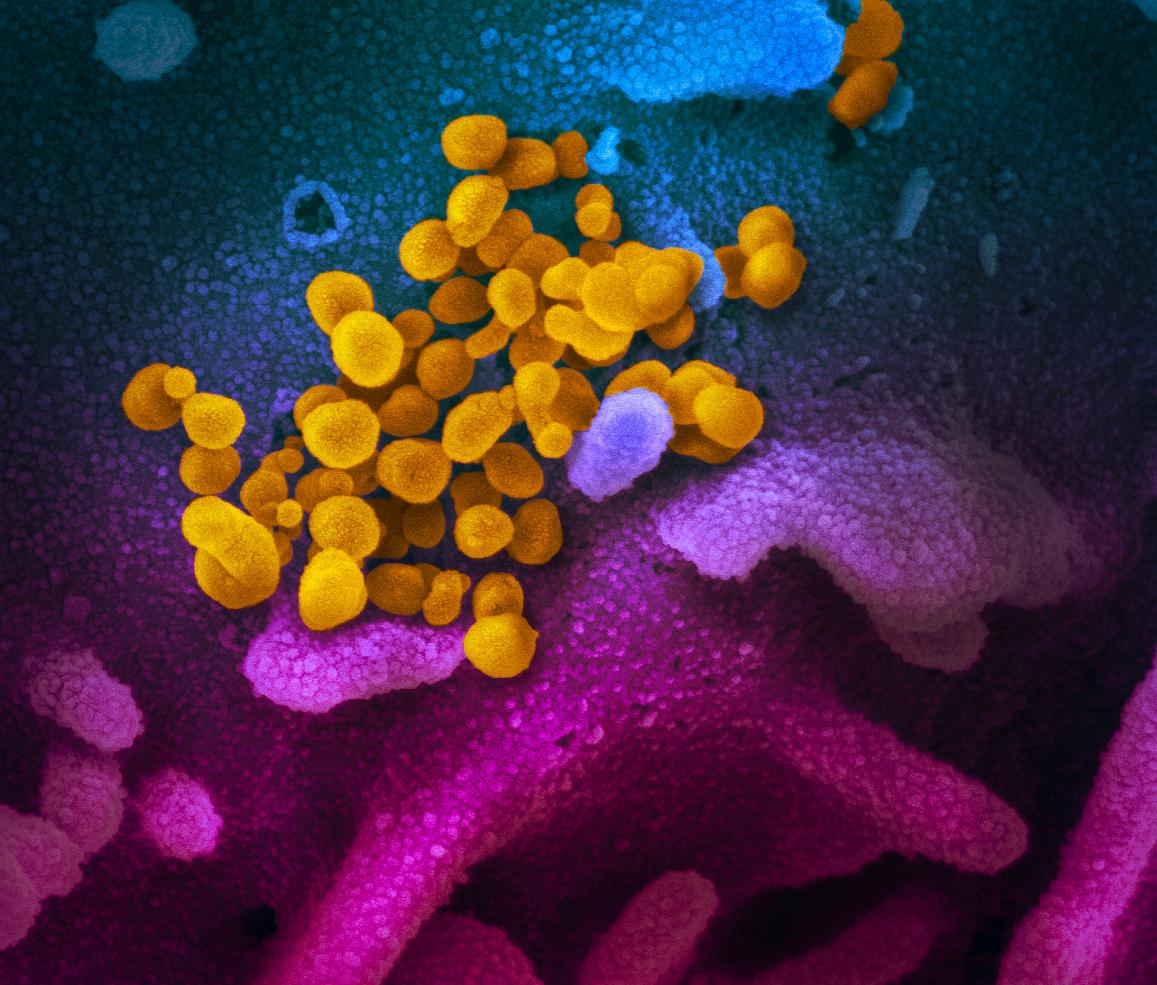NEW YORK: According to a new study, published in the New England Journal of Medicine, revealed that contagious novel coronavirus can remain viable and infectious in droplets in the air for hours and on surfaces up to days.
The virus deposited from an infected person onto everyday surfaces in a household or hospital setting including coughing or touching objects, scientists from the National Institute of Allergy and Infectious Diseases (NIAID), part of the U.S. National Institutes of Health studied.
Scientists used a device to dispense an aerosol that duplicated the microscopic droplets created in a cough or a sneeze and also investigated how long SARS-CoV-2 remained infectious on these surfaces.
According to the study that appeared online in the New England Journal of Medicine on Tuesday – a day in which U.S. COVID-19 cases surged past 5,200 and deaths approached 100.
The tests show that when the virus is carried by the droplets released when someone coughs or sneezes, it remains viable, or able to still infect people, in aerosols for at least three hours.
On plastic and stainless steel, a viable virus could be detected after three days. On cardboard, the virus was not viable after 24 hours. On copper, it took 4 hours for the virus to become inactivated.
In terms of half-life, the research team found that it takes about 66 minutes for half the virus particles to lose function if they are in an aerosol droplet.
That means that after another hour and six minutes, three-quarters of the virus particles will be essentially inactivated but 25% will still be viable.
The amount of viable virus at the end of the third hour will be down to 12.5%, according to the research led by Neeltje van Doremalen of the NIAID’s Montana facility at Rocky Mountain Laboratories.
Researchers found that on stainless steel, it takes 5 hours 38 minutes for half of the virus particles to become inactive. Similarly, on plastic, the half-life is 6 hours 49 minutes.
(with inputs from Agencies)









Comment